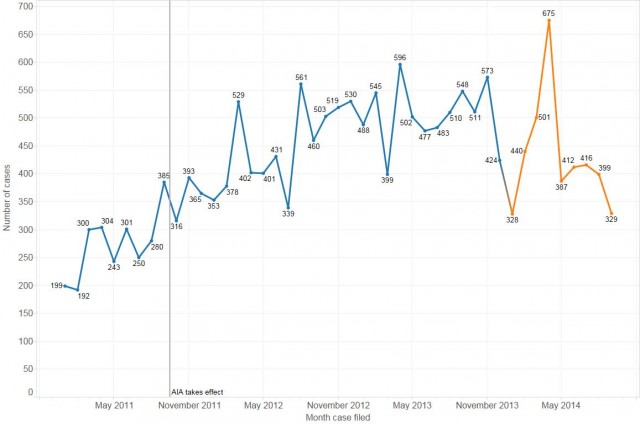Reporter/writer (RW): “This chart is just so boring. Can’t you spice it up, adding some shadows, 3D, illustrations, or something?”
Visualization journalist (VJ): “This chart shows all relevant information, and it’s accurate, readable, and elegant. Its headline is a pun, so it even has some humor. If I agree to ‘spice it up’, would you do the same with the copy you're writing, if I ask you to?”
RW: “I want this graphic to go viral! Look, visuals are supposed to attract eyeballs, above all!”
VJ: “I will be happy to sacrifice the integrity of the chart if you do the same with your story. Would you be willing to add made-up colorful details here and there in your story to make it more ‘viral’?”
RW: “Well, I'm a journalist, you know... Anyway, nobody will read this chart!”
VJ: “Have you tested how many people really read your 1,000-word stories? Perhaps we could compare.”
RW: “But I want to do surprising, experimental stuff with our graphics!”
VJ: “I am all for experimentation, but it’s easy to experiment with someone else’s work, not knowing much about its rules and ethics. It’s harder to do the same with your own ‘stuff’.”
I wonder if so many reporters/editors (writers) realize how arrogant they sound when they recklessly tell visual journalists how to do their jobs.* It's insulting and it must stop outright. They need to get some of their own medicine, for a change. Give it to them. And never give up.
(*I'm also dismayed by how many of us have happily and uncritically adopted the jargon of marketing, but that's another story.)

 Astrophysicist Brian Schmidt of the Australian National University won the Nobel Prize for physics in 2011 for discovering dark energy. Speaking at an event in New York last month, he talked about how winning a Nobel changed his life. Some of the things that come with the medal are money, respect, worldwide recognition of your research, and at least for Schmidt, a bit more hassle with U.S. airport security.
Astrophysicist Brian Schmidt of the Australian National University won the Nobel Prize for physics in 2011 for discovering dark energy. Speaking at an event in New York last month, he talked about how winning a Nobel changed his life. Some of the things that come with the medal are money, respect, worldwide recognition of your research, and at least for Schmidt, a bit more hassle with U.S. airport security. 